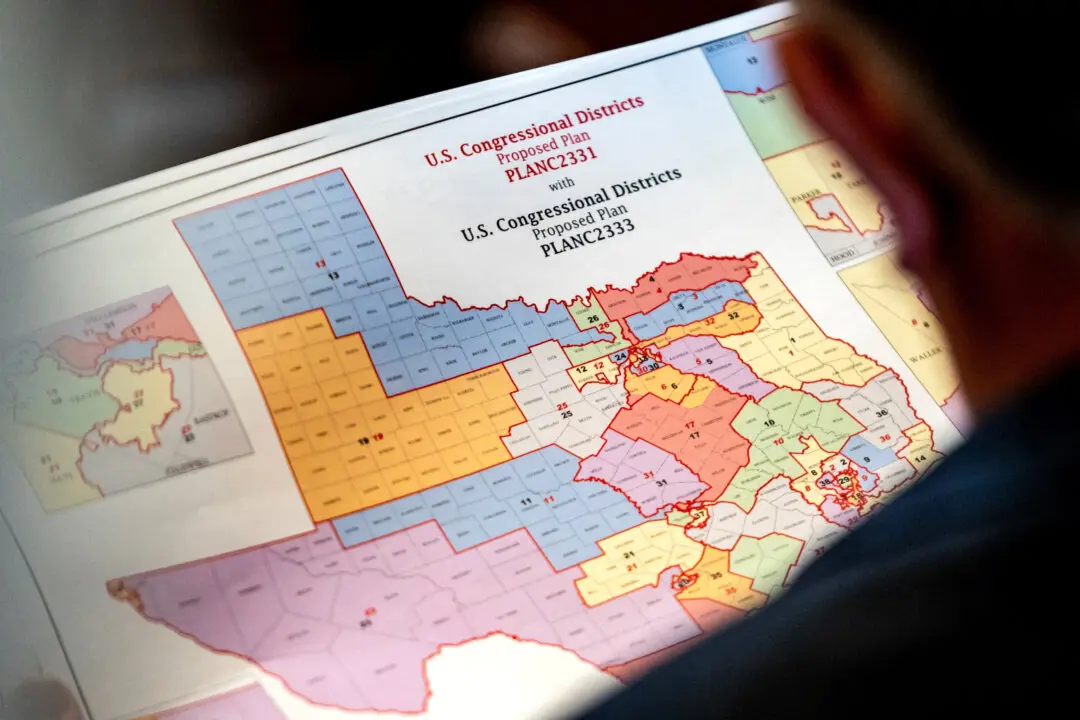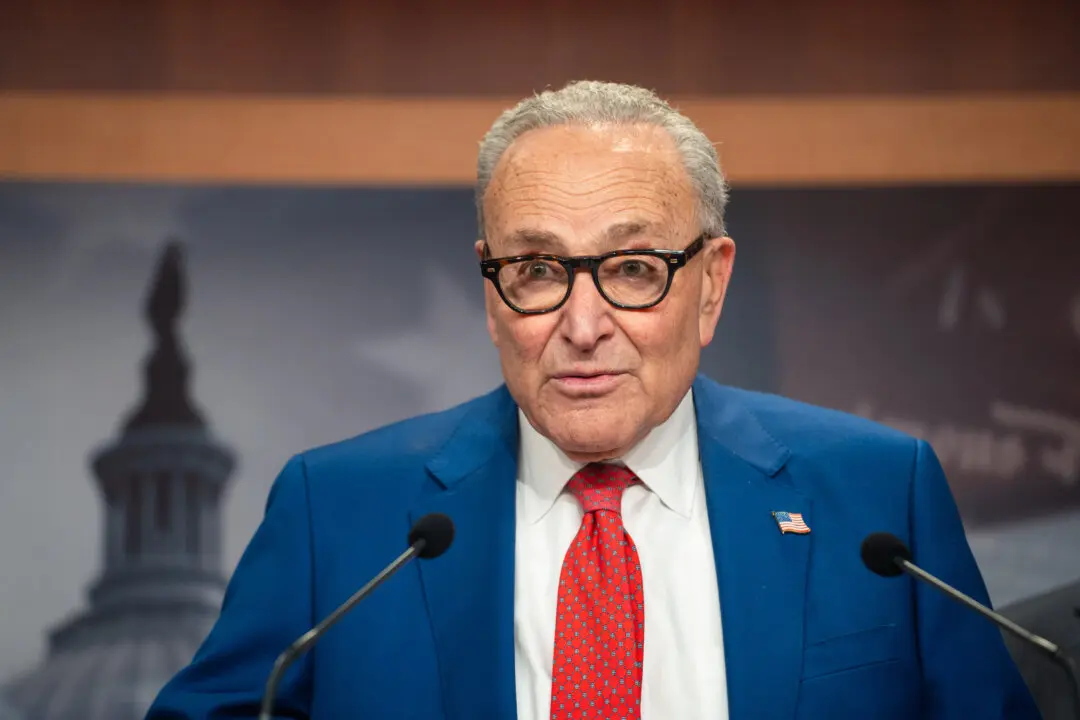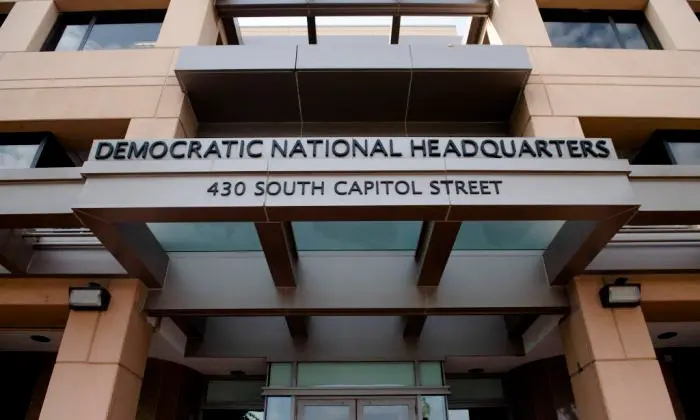The Department of State has finalized a rule change designed to simplify the passport application process for minors under 16 years old and provide more flexibility to their parents, according to a notice published in the Federal Register on July 26.
Under current regulations, both parents or legal guardians must appear in person to execute a minor’s passport application, unless one parent can demonstrate sole authority. If a parent cannot appear, he or she must provide a notarized statement or affidavit of consent.





